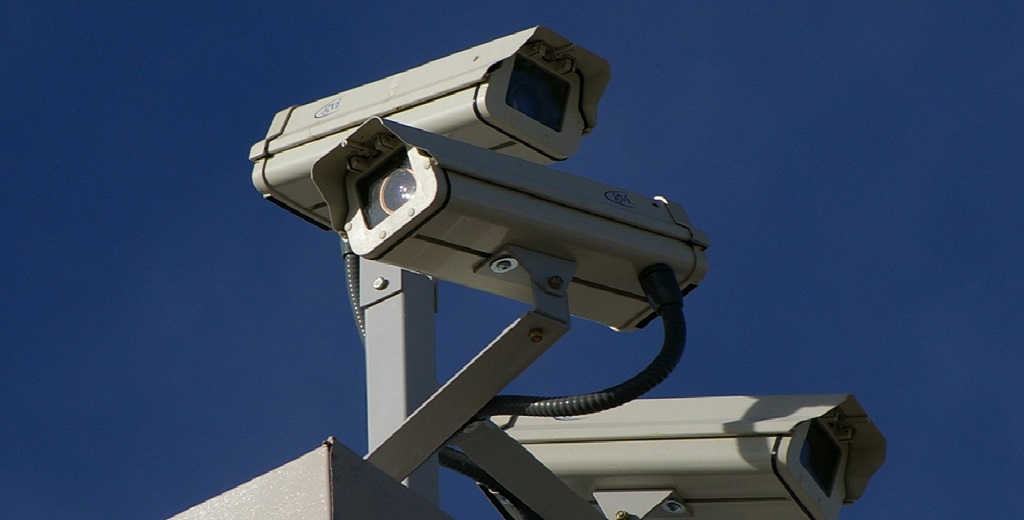Access Now joins a coalition of civil society organizations in calling on the U.S. Senate to improve H.R. 6172, the USA FREEDOM Reauthorization Act of 2020, expected to come up for a vote soon.
H.R. 6172 as drafted reauthorizes three expired Foreign Intelligence Surveillance Act (FISA) authorities: Section 215 of the USA PATRIOT Act, the “lone wolf” authority, and the “roving wiretap” authority. These laws have provided the basis for U.S. intelligence agencies conducting indiscriminate surveillance on a massive scale targeting activists, communities of color, and other marginalized groups.
Several new proposed amendments would improve H.R. 6172, and the Senate should vote on these amendments. An amendment from Senators Leahy and Lee would significantly improve the Foreign Intelligence Surveillance Court’s amicus curiae rules. An amendment from Senators Daines and Wyden would prohibit the use of Section 215 to warrantlessly acquire internet search and browsing history. Finally, an amendment from Senator Paul would prohibit FISA surveillance from being used against United States persons in court.
The letter calls on the Senators to 1) support privacy-protective amendments to H.R. 6172, 2) oppose the underlying legislation if improvements are not adopted, and 3) oppose amendments offered that would weaken the bill.
“Congress was right not to rush into reauthorizing FISA authorities,” said Eric Null, U.S. Policy Manager at Access Now. “Now, it needs to take seriously its privacy and civil liberties obligations and put an end to these abusive, intrusive, and overused surveillance powers that have inflicted extensive harm on at-risk communities.”
In addition to the points raised in the letter, Access Now emphasizes that the U.S. government has continually failed to acknowledge its international human rights obligations, or to implement comprehensive reform limiting global surveillance activities to what is necessary and proportionate. U.S. surveillance law and policy as a whole interferes with people’s human rights both domestically and abroad.
